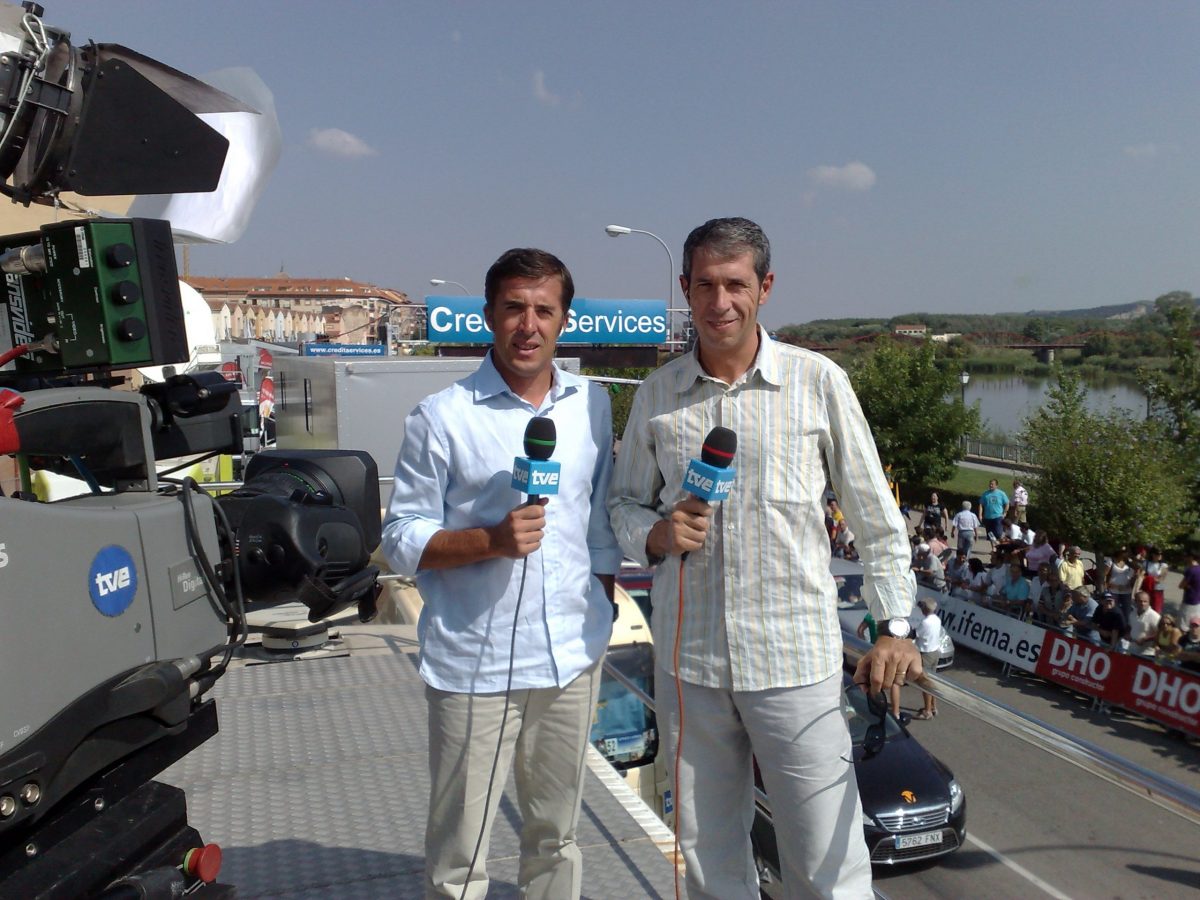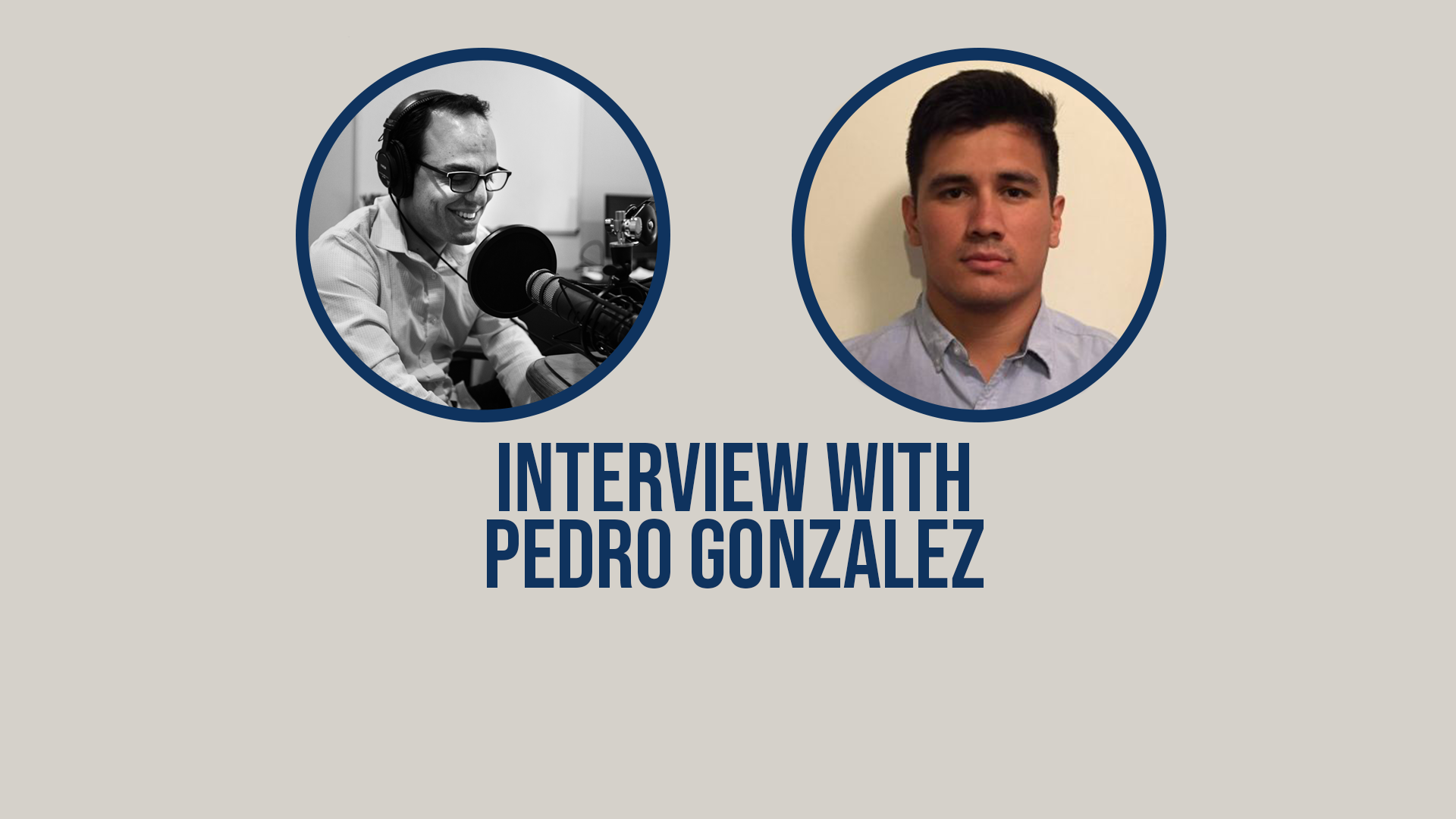Pedro Gonzalez Chronicles - IPD Research Director Dr. Arta Moini recently appeared on Chronicles Live to talk about the US withdrawal from Afghanistan, neoconservatism and liberal internationalism with Chronicles magazine associate editor Pedro Gonzalez and The American Conservative's senior reporter, Curt Mills.
Western powers have failed to effectively manage the growing threat of escalation in the Middle East. While the international community is concerned about Iran's nuclear program, Saudi Arabia has moved forward with the development of its own nuclear program, and independent studies show that Israel is in possession of dozens of nuclear weapons. The former is a member of the Treaty on the Non-Proliferation of Nuclear Weapons (NPT), while the latter has refused to sign the international agreement.
Pedro Gonzalez Chronicles

On Middle East policy, the Biden campaign strongly criticized the Trump administration's unilateral withdrawal from the Joint Comprehensive Plan of Action (JCPOA), known as the Iran nuclear deal, and his re-entry into the nuclear document after he took office. started doing In January 2021. However, there are serious obstacles for responsible actors in expanding nonproliferation efforts toward a nuclear-free zone in the Middle East.
Pedro Gonzalez: Republicans Want To Cut Social Security So We Can Send More Money To Ukraine
This panel will discuss how Western powers and multilateral organizations, such as the IAEA, can play a more effective role in managing nonproliferation efforts in the Middle East.
What is the current economic landscape in the Middle East? While global foreign direct investment is expected to decline sharply in the post-Covid era, the World Bank reports a 5% drop in economic output in Middle Eastern and North African countries (MENA) in 2020 due to the pandemic. While oil prices are expected to rebound as demand normalizes, political instability, regional and geopolitical tensions, domestic corruption, and an unstable regulatory and legal environment all threaten economic recovery in the Middle East. What is the outlook for economic growth and development in the region post-pandemic, and how can MENA nations promote sustainable development and advance regional trade?
At the same time, diaspora communities in the Middle East have become financially successful and can help promote trade between North America and the region. In this regard, diasporas can become important intermediaries for advancing US and Canadian business interests abroad. Promoting commercial diplomacy can benefit the MENA region and be an effective and positive way to advance engagement and achieve North Atlantic foreign policy goals.
The panel will examine trade and investment opportunities in the Middle East, discuss how facilitating economic engagement with the region can benefit Canadian and US national interests, and explore related policy recommendations.
President Biden's Anarcho Tyranny
The Middle East continues to experience violence and instability, particularly in Yemen, Syria and Iraq. Due to government incompetence and foreign interference, terrorist insurgencies have imposed severe humanitarian and economic costs on the region. Meanwhile, regional actors are engaged in an unprecedented pursuit of weapons stockpiles. Saudi Arabia and the United Arab Emirates have imported billions in Western and Russian-made weapons and funding to terrorist groups across the region, hoping to contain their regional rivals, particularly Iran. Tehran has also provided sophisticated weapons to various militia groups across the region to strengthen its geopolitical position against Saudi Arabia, the UAE and Israel.
On the other hand, with international terrorist networks and sharp regional rivalries in the Middle East, it is impractical to discuss peace and security without addressing terrorism and the arms race in the region. The panel will primarily discuss the impact of the ongoing arms race in the region and the role of Western powers and multilateral organizations in facilitating confidence-building security arrangements among regional stakeholders to limit arms proliferation throughout the Middle East.
Kayhan Berzeger: Professor and Chair of the Department of Political Science and International Relations at the Science and Research Branch of Azad University

The emerging regional order in West Asia will have far-reaching implications for global security. The Biden administration began re-engaging Iran on the nuclear dossier, taking a hard line on Saudi Arabia's intervention in Yemen, an initiative strongly opposed by Israel. Meanwhile, major regional players including Qatar, Iraq and Oman have engaged in back-channel efforts to bring Iran and Saudi Arabia to the negotiating table. From a broader geopolitical perspective, with the need to secure its energy imports, China is also expected to increase its footprint in the region and influence the aforementioned challenges.
Pedro Martinez Tells His Story
In this evolving landscape, Western powers will be forced to redefine their strategic priorities and adapt their policies to the new realities of the region. In this panel, we will discuss how the West, including the United States and its allies, can use multilateral diplomacy with its adversaries to prevent military escalation in the region. More importantly, the panel will discuss whether a multilateral dialogue on security in the Persian Gulf region, as proposed by some regional actors, can help reduce tensions among regional adversaries and create peace and sustainable development for the region. .
Panel 4: Humanitarian Diplomacy: An Underused Foreign Policy Tool in the Middle East (4:30 PM - 5:30 PM ET)
Military intervention, political and economic instability, and civil unrest in the Middle East have led to a global refugee crisis with a growing wave of refugees and asylum seekers heading to Europe and Canada. In addition, the Covid-19 pandemic has, in many ways, exacerbated and contributed to the region's ongoing security threats and instability.
While these challenges pose serious threats to Canadian security, Ottawa will also have an opportunity to limit such threats and prevent spillover effects against effective humanitarian initiatives in the region. In this panel, we will examine the degree of success of Canada's Middle East Strategy, primarily in providing humanitarian assistance to the region. Second, the panel will discuss what programs and initiatives Canada can offer to continue building on the renewables strategy. And in particular, how Canada can use its policy tools to deal more effectively with the growing influx of refugees from the Middle East.
What I Saw At Natcon
Panel 3: Review of Canada's Middle East Engagement and Defense Strategy (3:00 PM - 4:15 PM ET)
In 2016, Canada launched an ambitious five-year "Middle East Engagement Strategy" (2016-2021), with a five-year plan to help establish the conditions for security and stability, reduce human suffering and enable stabilization programs. Committed to invest CA$3.5 billion over the years. in the field. In the latest development, during a meeting of the Global Coalition Against ISIS, Foreign Affairs Minister Marc Garneau announced more than $43.6 million in Peace and Stability Operations Program funding for 11 projects in Syria and Iraq.
With Canada's Middle East Engagement Strategy expiring this year, it is time to examine and evaluate this massive investment in the Middle East region over the past five years. Most importantly, the panel will discuss a theoretical and strategic roadmap for the future of Canada's short- and long-term engagement in the Middle East.

- Chris Kilford: Former Canadian Defense Attaché in Turkey, Member of the National Board of the Canadian International Council (CIC).
Topps #581 Yankees Rookie Stars Pedro Gonzalez Archie Moore Psa 2
While the United States continues to withdraw from some regional conflicts, U.S. troops are still stationed around the region, reflected by the Biden administration's decision to withhold U.S. support for Saudi Arabia's intervention in Yemen and a possible withdrawal from Afghanistan. Meanwhile, Russia and China have maintained and even significantly expanded their regional activities. On the one hand, the Kremlin maintained its military presence in Syria, and on the other, China signed an unprecedented 25-year strategic agreement with Iran.
As the global power structure continues to shift, it analyzes the future of America's regional presence under a Biden administration, explores the emerging global rivalry with Russia and China, and finally, the implications of such competition for peace. It is necessary to investigate. and security. In the Middle East.
- Roxanne Farmanformian: Affiliated Lecturer in International Relations of the Middle East and North Africa, University of Cambridge
The security architecture of the Middle East has undergone rapid changes in an unusually short period of time. Notable developments include the gradual withdrawal of the United States from the region, interaction between Israel and some GCC states through the Abraham Accords, and increased Chinese and Russian regional involvement.
Pedro J. González
With these new trends in the Middle East, it is timely to examine the security implications of the Biden administration's Middle East policy. In this regard, we will discuss the new approach of the Biden team vis-à-vis Iran, Yemen, Saudi Arabia and Israel. The panel will also discuss the role of other major powers, including China and Russia, in shaping this new security environment in the region, and how the Biden administration will respond to the growing regional presence of these powers.
- Denis Natali: Executive Director, Institute for National Strategic Studies and Director of the Center for Strategic Research, National Defense University Pedro J. González (April 28, 1895 – March 17, 1995) was an activist, singer, Mexican songwriter, guitarist and son. radio personality
Through his popular broadcasting, Gonzalez had strong political influence in the Latino/a community in Los Angeles, advocating against the mass return of Mexicans and Mexican Americans to the United States under Herbert Hoover. Gonzalez was also known for his band, Los Madrugadores, whose songs were played on his radio broadcasts.

Gonzalez has been imprisoned on false charges because
Launch: Elizabeth St. John's The Godmother's Secret
Dr pedro gonzalez, pedro juan gonzalez, gonzalez byass pedro ximenez, pedro a gonzalez, pedro j gonzalez, pedro gonzalez mma, pedro angel gonzalez, pedro a. gonzalez, pedro gonzalez dds, pedro antonio gonzalez, pedro javier gonzalez, pedro gonzalez
0 Comments